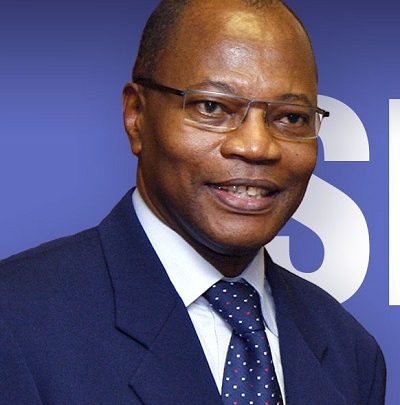Growing coup incidences in Africa troubling – Dr Ibn Chambas
Recent instances of coup d’etats include the failed attempt in Sudan and more recently, the military insurrection in Guinea.

The Head of the United Nations Office for West Africa and th Sahel (UNOWAS) Dr. Mohammed Ibn Chambas has expressed concerns over the increasing rates of coup d’etats within the sub-region.
Dr. Chambas noted that the resurgence of coups at a time when there had been considerable efforts to promote democracy is worrying and dents the good reputation that has been built overtime.
He made these observations when he delivered the keynote address at a regional policy workshop on challenges, opportunities and best practices in building infrastructure for peace. The workshop was organized by the Kofi Annan Peacekeeping and Training Centre in Sierra Leone.
“Just at a time when many thought coup d’états as a means of gaining access to the political centre has become a thing of the past in West Africa, military interventions in politics and unconstitutional regime changes seem to be creeping back into the political arena of some states in the sub-region. The resurgence of military interventions sends very bad signals with serious potentials for democratic reversals across the region,” he said.
Recent instances of coup d’etats include the failed attempt in Sudan and more recently, the military insurrection in Guinea.
Soldiers in Guinea kidnapped President Alpha Conde. He was replaced by the leader of the coup, Mamady Doumbouya who has since been sworn into office as interim President.
In less than a year, Mali has also experienced two separate coups.
Dr. Chambas bemoaned the situation where it appears these coups enjoy significant endorsement from sections of the public.
“Recent cases of coupe d’états in Mali and Guinea are particularly troubling… Public support for unconstitutional regime changes creates serious dilemma that complicates the enforcement of regional laws relating to democracy and good governance. More proactive interventions that prevent constitutional crisis is a critical way out of such dilemma. This, in turn, demands more practice engagement facilitated through dialogue and mediation,” he added.


